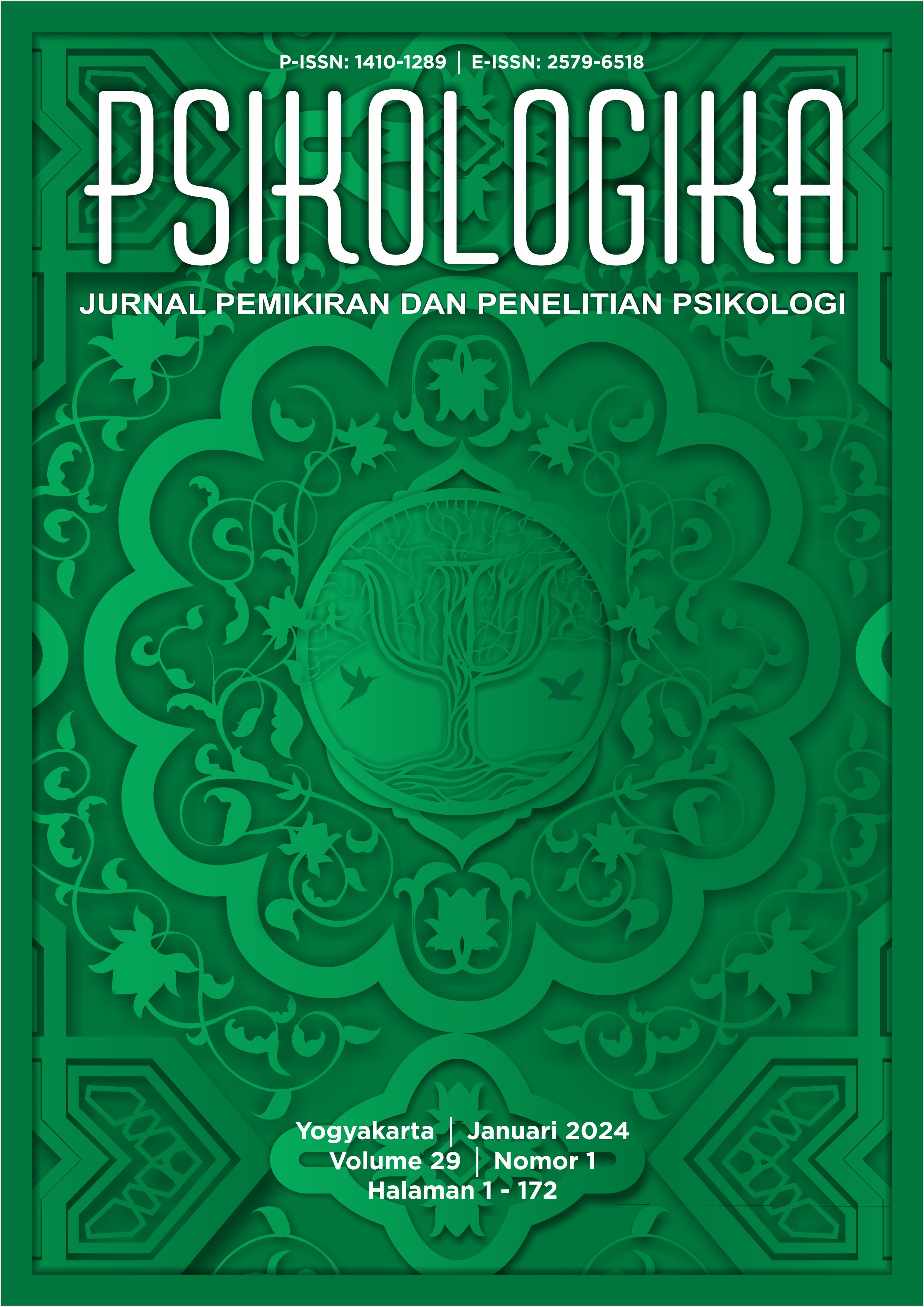Main Article Content
Abstract
Teaching is a demanding profession that can jeopardize the physical and mental health of teachers. Generation Z teachers, born between 1995 and 2009, are innovative, flexible, and adaptive in the teaching approach but dislike complicated rules and tend to change job, resulting to increased turnover intention. One of the predictors affecting turnover intention is job stress, an aspect that has not been previously explored. Therefore, this correlational quantitative study aimed to investigate the role of resilience in determining the magnitude of the effect of job stress on turnover intention. The participants were 170 Generation Z teachers from private elementary schools in District X Medan. The study instrument included job stress scale adapted from Dinyati (2019), turnover intention scale from Bothma & Roodt (2013), and resilience scale from Connor and Davidson (2003). The SEM test results showed that resilience played a crucial role in determining the strength of the effect of job stress. The effect of stress on turnover intention decreased with increase in resilience and vice versa.
Keywords
Article Details
Copyright (c) 2024 Rahmi Lubis, Nellinda Syafitri, Nurin Nadhira Alyani, Risky Nurlita Maylinda, Riski Anda, Novi Zulfiyanti

This work is licensed under a Creative Commons Attribution-ShareAlike 4.0 International License.
Authors who publish with this journal agree to the following terms:
- Authors retain copyright and grant the journal right of first publication with the work simultaneously licensed under a Creative Commons Attribution-ShareAlike 4.0 International License that allows others to share the work with an acknowledgment of the work's authorship and initial publication in this journal.
- Authors are able to enter into separate, additional contractual arrangements for the non-exclusive distribution of the journal's published version of the work (e.g., post it to an institutional repository or publish it in a book), with an acknowledgment of its initial publication in this journal.
- Authors are permitted and encouraged to post their work online (e.g., in institutional repositories or on their website) prior to and during the submission process, as it can lead to productive exchanges, as well as earlier and greater citation of published work (See The Effect of Open Access).




